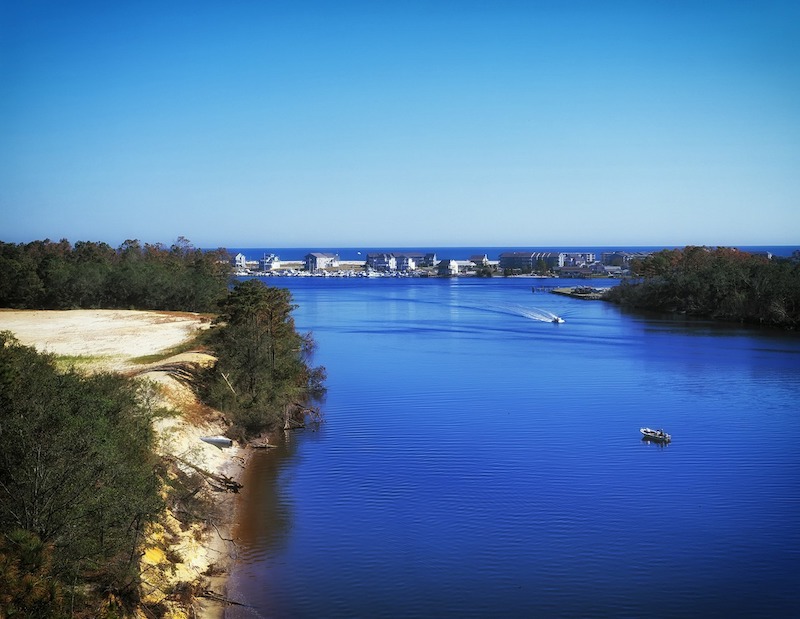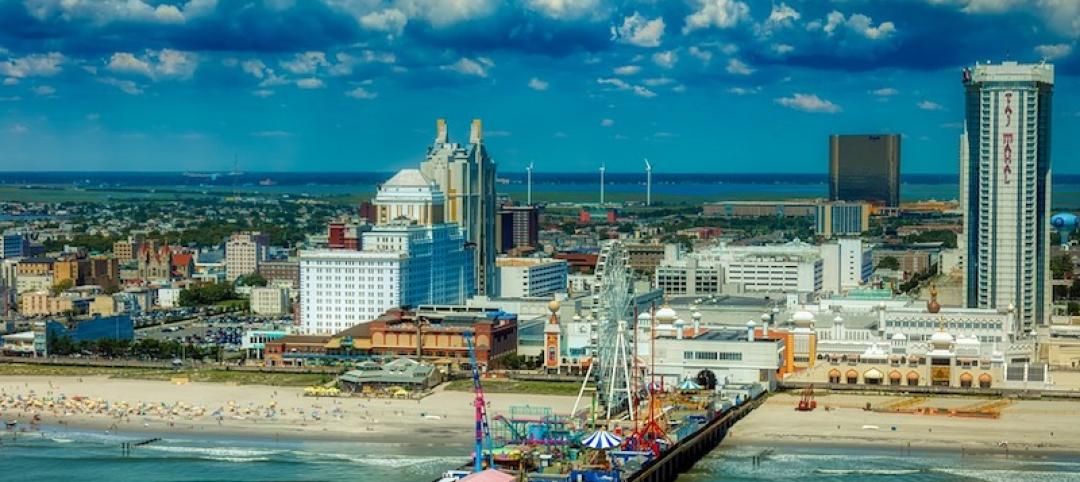A 2012 law that restricts taking into account the latest research in climate science could make North Carolina more vulnerable to Hurricane Florence.
The law banned policy makers from using recent climate science data to plan for sea level rise including things like elevation requirements on new buildings in flood-prone areas. The law was reportedly a response to a 2010 Coastal Resources Commission report that predicted sea levels on the Carolina coast would rise 39 inches by 2100.
The bill required the commission to write a new sea-level-rise report that limited its scope to the next 30 years. It was also required to take into account scientific studies refuting sea level rise, and to weigh the economic cost of limiting coastal development.
Scientists say the law is misguided, and will ultimately hurt the region’s ability to withstand damage from major storms. According to a recent article by a retired Duke University coastal geologist, the state should increase setback lines for coastal development, raise the height of buildings, move threatened buildings, prohibit rebuilding of storm-destroyed buildings, and begin a planned retreat from the rising water line.
Related Stories
Codes and Standards | Mar 5, 2019
Persistent flooding having economic impact on coastal cities
Atlantic City, Annapolis among communities affected.
Codes and Standards | Mar 1, 2019
$1 billion Boston hospital project to include extensive disaster resiliency features
Mass. General expansion will be designed for four days of shelter in place.
Codes and Standards | Mar 1, 2019
U.S. cities have become more dangerous for bicyclists and pedestrians
Reduced speed limits, traffic calming, better education seen as keys to improvement.
Codes and Standards | Feb 28, 2019
High-income renters now the fastest-growing housing market segment
Growth is fastest in mid-sized cities with strong economies.
Codes and Standards | Feb 27, 2019
Katerra launches software platform for ‘entire lifecycle of the building process’
Firm is accepting industry applicants to test the product.
Codes and Standards | Feb 26, 2019
AAMA updates two specifications for test methods related to seismic drift
For evaluating window wall, curtain wall and storefront systems.
Codes and Standards | Feb 22, 2019
California’s carbon reduction goals to be aided by programs to convert heating, hot water systems
Switch from propane to electricity is critical to plan.
Codes and Standards | Feb 21, 2019
Researchers develop software that can calculate potential solar energy yield at any location
Accounts for dynamic shading from trees, buildings and other structures.
Codes and Standards | Feb 20, 2019
Hospitals not making much progress in reducing their carbon footprint
Energy benchmarking survey shows flat emissions pattern over past 20 years.
Codes and Standards | Feb 15, 2019
Super Bowl stadium helps alleviate Atlanta’s flood problems
Capacity to store more than 2 million gallons of storm water on site.

















